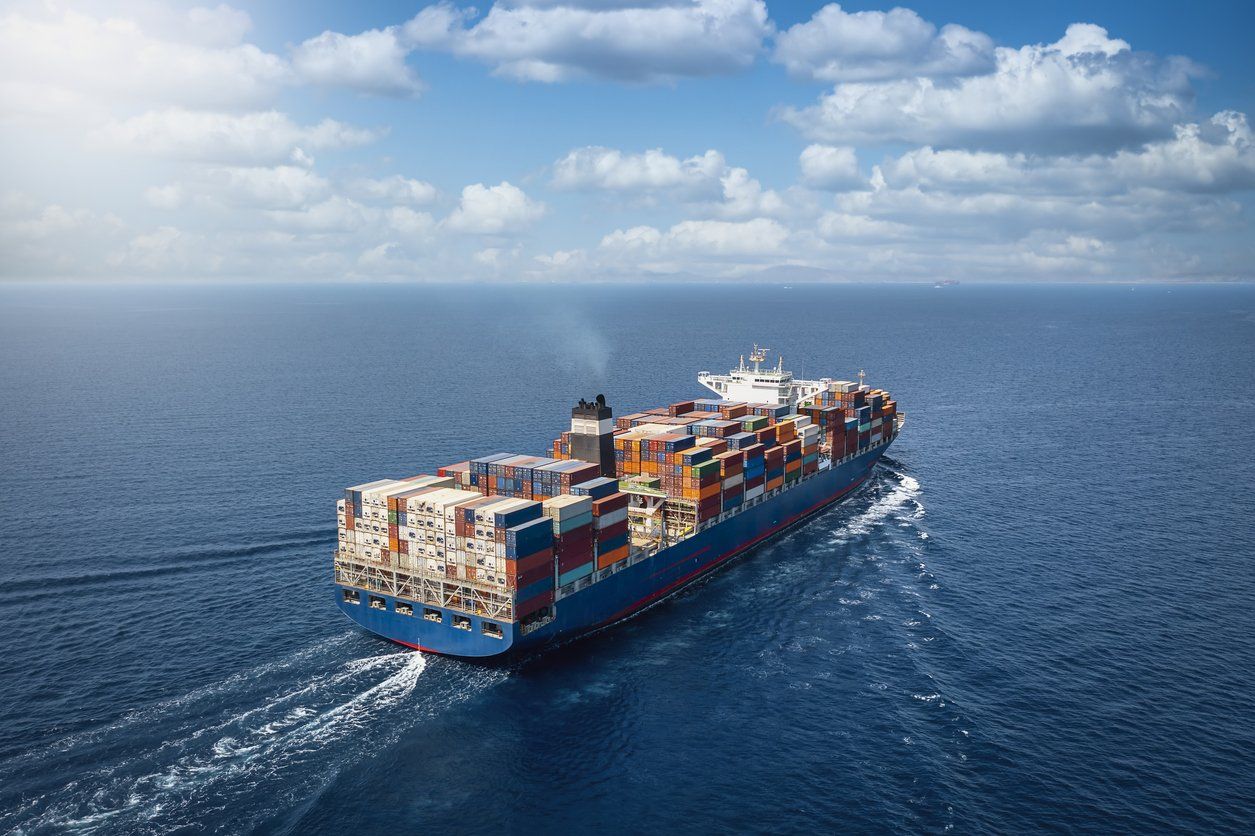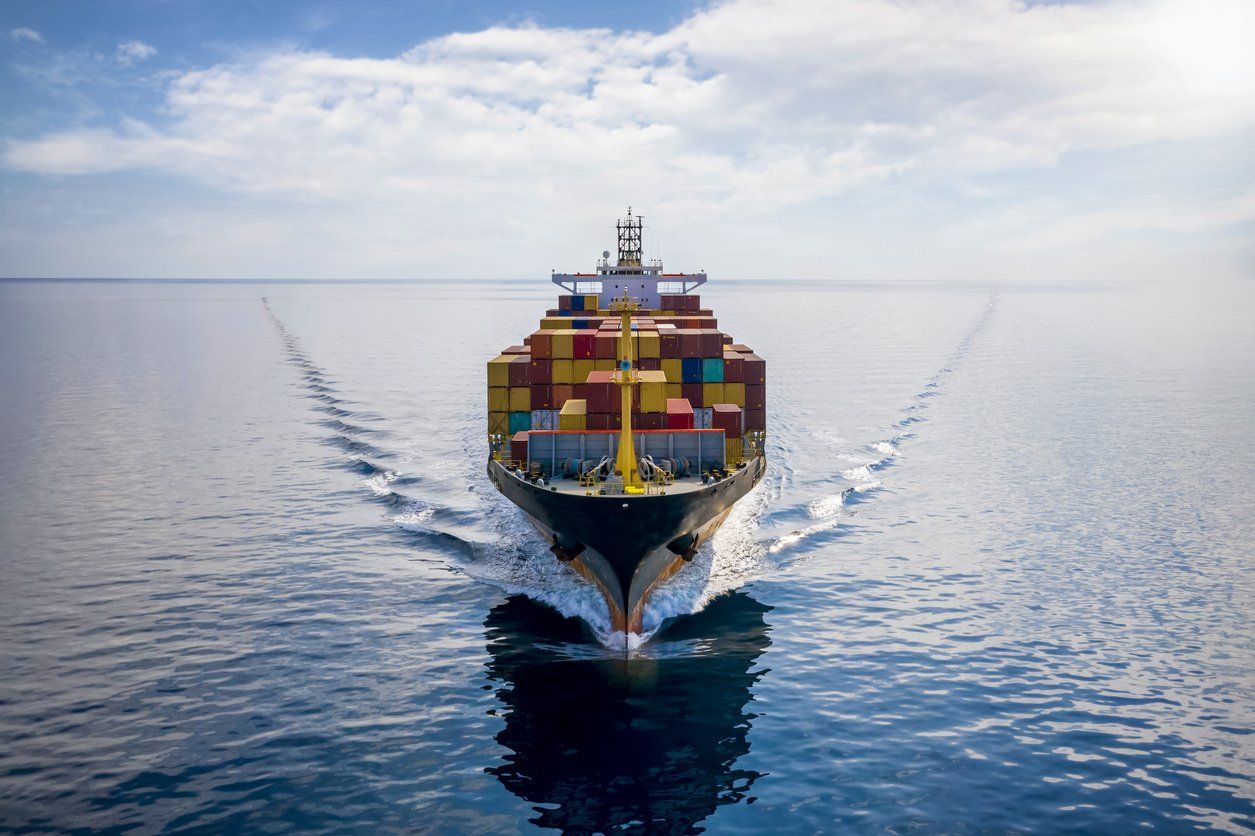Stay up to date with the latest news and articles from the world of logistics
Discover how Allink is transforming the logistics landscape by checking out the knowledge shared by our team of experts below.

The term "demurrage" refers to a fee charged for the extended stay of containers in maritime transport. This charge occurs when the free time allowed for the use of the container is exceeded, resulting in additional costs for importers and exporters. The aim of this article is to clarify what demurrage is, how it is calculated, and, most importantly, to present effective strategies to avoid this cost, which can significantly impact the profitability of logistics operations. What is the Demurrage Fee? Demurrage refers to the charge for the extended stay applied when a container is not returned within the period agreed upon with the shipping company. This counting begins as soon as the container is unloaded at the destination port. When the stipulated period for the container’s stay within the free time is exceeded, a daily demurrage cost is charged. This fee is calculated daily and represents the additional cost for each extra day the container remains with the importer until the empty container is effectively returned to the shipping company’s designated depot. It is essential to understand that demurrage not only represents a traditional practice in shipping but is also routinely incorporated into transport contracts. Thus, it becomes crucial for the parties involved in the logistics process to understand and efficiently manage this fee in order to avoid undesirable financial impacts, as demurrage is an unexpected cost at the end of the process. How Does Demurrage Work? The demurrage charge starts from the moment the free time expires. Free time is the period agreed upon between the shipper's agent and the client, during which the use of the container does not incur additional costs. This period can vary depending on the negotiation, but in recent times, the average has been from 5 to 14 days, with the possibility of negotiating for longer terms. When the free time ends, the demurrage count begins, and the cost accumulates until the container is returned to the shipping company at the agreed location. The amounts are calculated in foreign currency, usually in dollars, and the charge can be tiered, increasing as the number of delayed days rises. Main Causes of Demurrage Charges Demurrage is applied in various situations of delays in the logistics process. The most common causes include: Delay in Customs Clearance: Problems with the release of cargo by customs, whether due to errors in documentation or by being placed in inspection channels, can delay the retrieval of the container. Congestion at Ports: During peak demand periods, such as holidays (e.g., Christmas or Chinese New Year), congestion at the arrival port can delay logistics operations and result in demurrage charges. Failure in Logistics Planning: The lack of efficient planning for transporting the container and cargo, including the absence of land transport or scheduling issues for cargo pickup, is one of the main causes of extended stays. Delays in Document Release: The regularization of documents, such as the Import Declaration (DI) or the newer Duimp, can take longer than expected, especially when there are issues with licenses, authorizations, and tax payments. Difference Between Demurrage and Detention Demurrage is a daily cost related to the import container charged when you exceed the agreed time from the unloading of the container until its effective return to the shipping company's depot. Detention, on the other hand, is the daily export fine incurred when the free time is exceeded until the full container enters the customs terminal. Therefore, it is crucial to be very careful and precise in monitoring and controlling dates to avoid exceeding the free time. For example, if there is a grant of 5 days for returning the full container after pickup, but the container is returned full in 8 days, this implies the use of 3 extra days, resulting in the application of the detention fee for that excess period. To avoid undue demurrage charges, it is essential that the importer requests the carrier the document for returning the container (exchange/draft). [Online Calculator] How to Calculate the Demurrage Fee and When Is This Fee Applied? As noted, demurrage comes into play when the consignee does not return the empty container within the period agreed upon with the shipping company. In these cases, there is a count of a single period, starting when the container arrives at the unloading port and ending when it is returned empty to the shipping company’s designated depot. The process to calculate the demurrage fee is simple: just multiply the period of the extended stay by the amount stipulated in the contract and in the term of responsibility. This attention to contractual details is essential to avoid surprises and ensure efficiency in the logistics process. Use the calculator below to calculate the demurrage fee:

Avoiding demurrage costs is a constant challenge for companies involved in import operations. Delays in returning containers can result in significant financial penalties, directly impacting business profitability. Understanding the mechanisms to avoid demurrage costs not only ensures more effective management of resources, but also paves the way for opportunities to optimize and save money in logistics processes. By adopting a strategic approach from the beginning of the supply chain, companies can minimize the risks and maximize the benefits associated with international cargo transportation. How to avoid demurrage costs Avoiding demurrage payments is essential to optimizing logistics costs and ensuring the efficiency of import operations. To do so, it is necessary to adopt a well-planned strategy that encompasses everything from contracting international freight to precise control of delivery times. Below, we will explore how to avoid demurrage costs, highlighting the importance of negotiation, obtaining maximum free time, contractual clarity and the use of technology. Well planned strategy A well-planned strategy is the first step to avoiding demurrage costs. This involves a careful analysis of the contractual conditions, deadlines and costs associated with cargo transportation. By defining a clear and comprehensive strategy, it is possible to anticipate potential problems and implement preventive measures to avoid delays and fines. Hiring international freight Choosing the right provider for international transportation is a crucial aspect of avoiding demurrage costs. When selecting the right transportation service provider, it is important to consider not only the cost of freight, but also the terms and conditions related to demurrage. Choosing a provider that offers a more generous free time period can help you avoid additional charges for delays in returning the container. Negotiation Negotiation plays a key role in securing favorable terms to avoid demurrage costs. During contract negotiations, it is important to seek clarity and flexibility in terms related to demurrage and other additional charges. Successful negotiation can result in more advantageous terms that minimize the risk of extra costs. Get the most out of free time Seeking to obtain maximum free time is essential to prevent setbacks resulting in delays in returning the container and consequently paying demurrage. Free time refers to the period of time granted to the importer to use the container without additional costs. By maximizing free time, companies have greater room for maneuver to carry out loading and unloading operations within the stipulated time, thus reducing the risk of delays and fines. Clarity of contract is essential Clarity is essential to avoid demurrage costs. All terms and conditions related to demurrage must be known and agreed upon before shipment takes place. A clear and detailed understanding helps to avoid misunderstandings and unpleasant surprises during the cargo transportation process. Precise control Keeping accurate track of delivery times is essential to avoid demurrage costs. Companies must establish effective monitoring and time management systems to ensure that all stages of the transportation process are completed on time. This includes tracking the progress of the shipment, managing documents and ensuring efficient coordination between all parties involved in the transaction. Use of technology The use of technology is a powerful tool in preventing demurrage costs. Tracking, monitoring and deadline management tools can help companies maintain precise control over shipping operations and avoid unnecessary delays. By investing in efficient technology solutions, companies can minimize the risk of exceeding the stipulated period and, consequently, avoid additional demurrage charges. Incoterms and the relationship with demurrage costs Incoterms, international trade terms, play a crucial role in defining the responsibilities and obligations between buyer and seller during the transportation of goods. By understanding and correctly applying the relevant Incoterms to each commercial transaction, companies can establish clarity on who is responsible for the costs and risks associated with transportation, including demurrage costs. A proper choice of Incoterms can help avoid disputes and ambiguities about container release times, thus limiting delays and demurrage penalties. Therefore, familiarizing yourself with Incoterms and their practical application is essential to ensure efficient and cost-effective management of import and export operations. Did you like our content so far? Also read our material on the importance of Incoterms in international freight quotations.
Stay informed about foreign trade
Subscribe to our newsletter and receive free weekly updates about the world of logistics.




